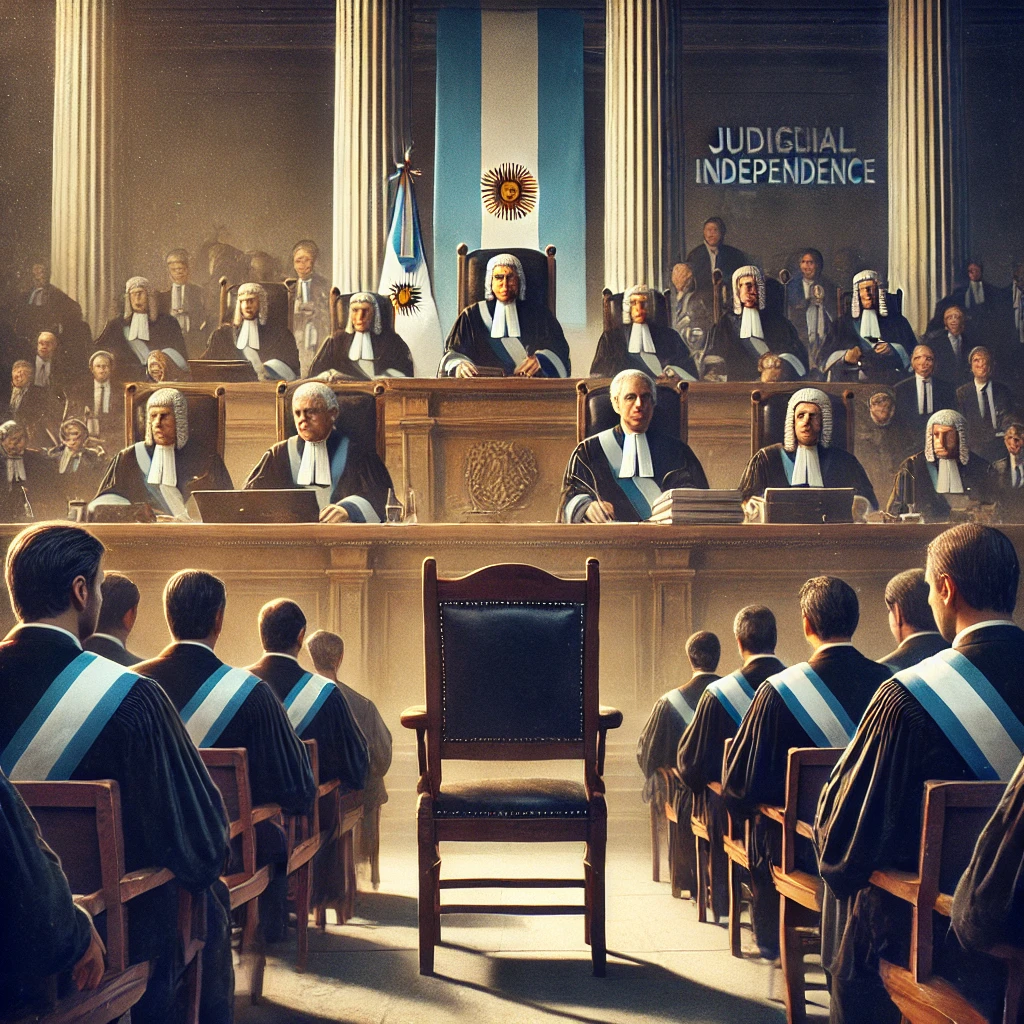Argentina Faces Backlash Over Presidential Appointment of Supreme Court Justices
Margaret Satterthwaite, the UN Special Rapporteur on the independence of judges and lawyers, strongly criticized the move, emphasizing that "the Executive is not above the law."

An independent human rights expert has raised concerns over Argentinian President Javier Milei’s controversial decision to temporarily appoint two Supreme Court justices via presidential decree, bypassing the Senate’s constitutional approval process.
Margaret Satterthwaite, the UN Special Rapporteur on the independence of judges and lawyers, strongly criticized the move, emphasizing that "the Executive is not above the law." She argued that by sidestepping judicial appointment processes enshrined in Argentina’s Constitution, President Milei is circumventing crucial checks and balances that ensure democratic integrity.
“Judicial appointment through presidential decree sets a dangerous precedent by politicizing appointments, eroding transparency, and limiting avenues for public scrutiny and contestation,” Satterthwaite warned.
One major concern is the potential erosion of judicial independence due to the temporary nature of these appointments. “Security of tenure is crucial for judges to operate free from external pressure. If their positions are unstable, they may fear removal if their rulings displease the Executive or other political entities,” she noted.
Another significant repercussion of these appointments is the exclusion of women from Argentina’s Supreme Court. With these new justices, the highest court in the country will no longer have female representation, a step that Satterthwaite argues may constitute a violation of gender equality norms. “This regression could amount to a breach of the rule of non-retrogression in relation to gender equality. It sends a profoundly negative message to women across Argentina,” she stated.
Satterthwaite’s 2024 report to the Human Rights Council underscored the dangers of increased executive or legislative influence over judicial appointments. She stressed that such interference threatens the separation of powers and undermines the judiciary’s ability to ensure that government authorities adhere to the law and uphold human rights.
In light of these developments, the UN expert called on Argentina to recommit to its binding international human rights obligations, safeguard judicial independence, and uphold the rule of law. “The country must ensure that its democratic institutions remain protected from undue political influence,” she urged.
The decision has sparked widespread debate among legal experts, political analysts, and civil rights organizations, with many calling for immediate corrective measures to preserve the integrity of Argentina’s judiciary.
- READ MORE ON:
- Argentina
- Javier Milei
- Supreme Court
- Margaret Satterthwaite










